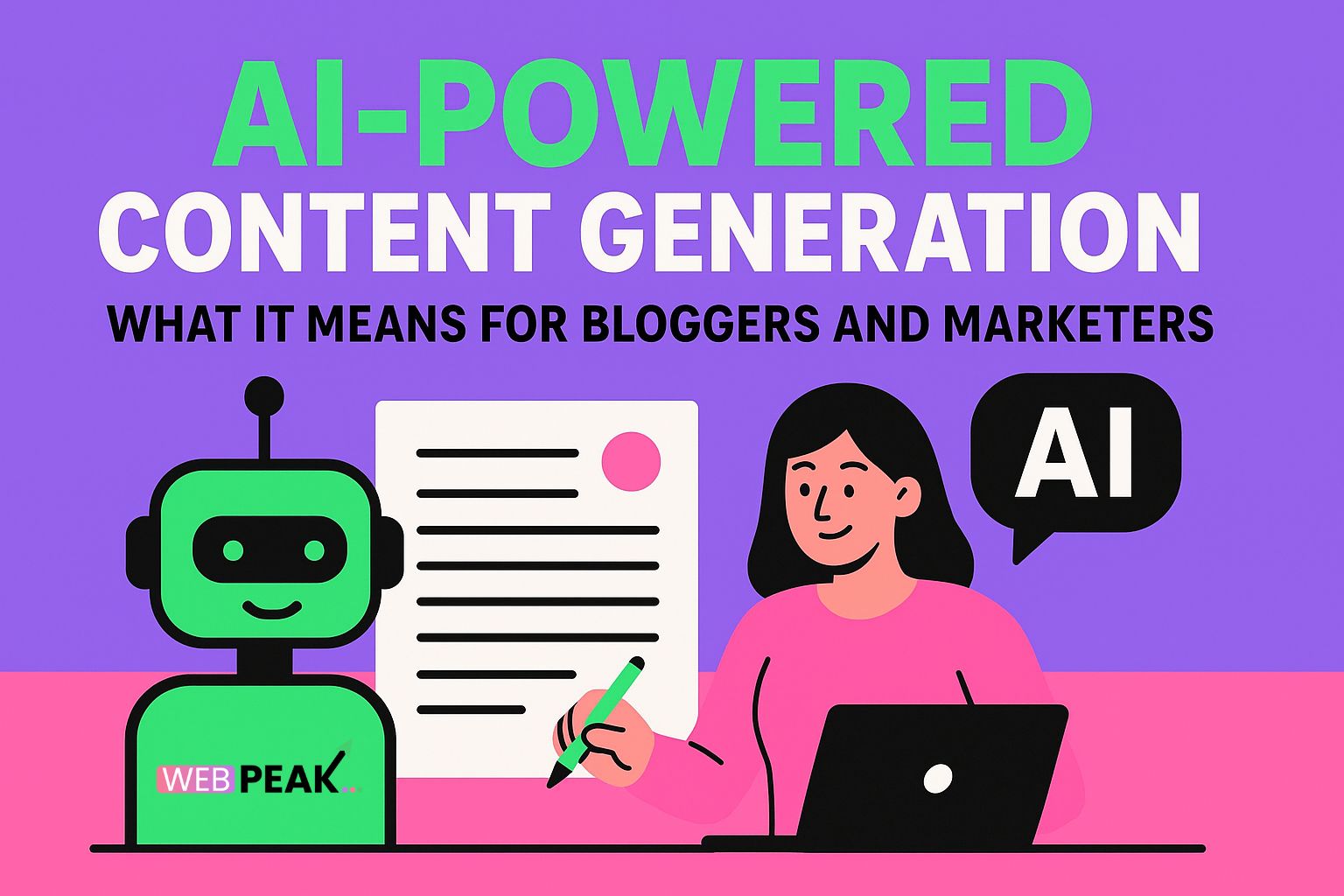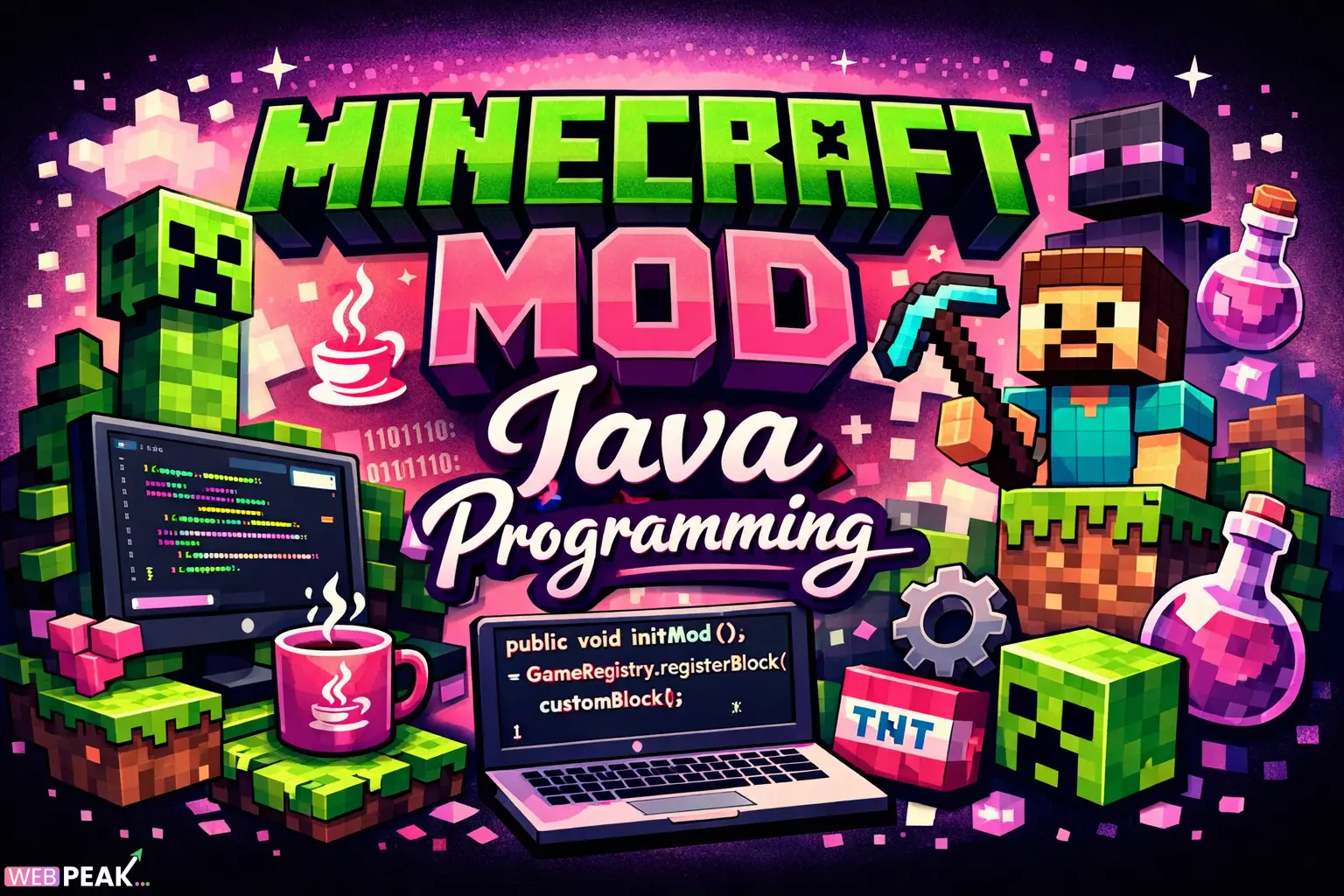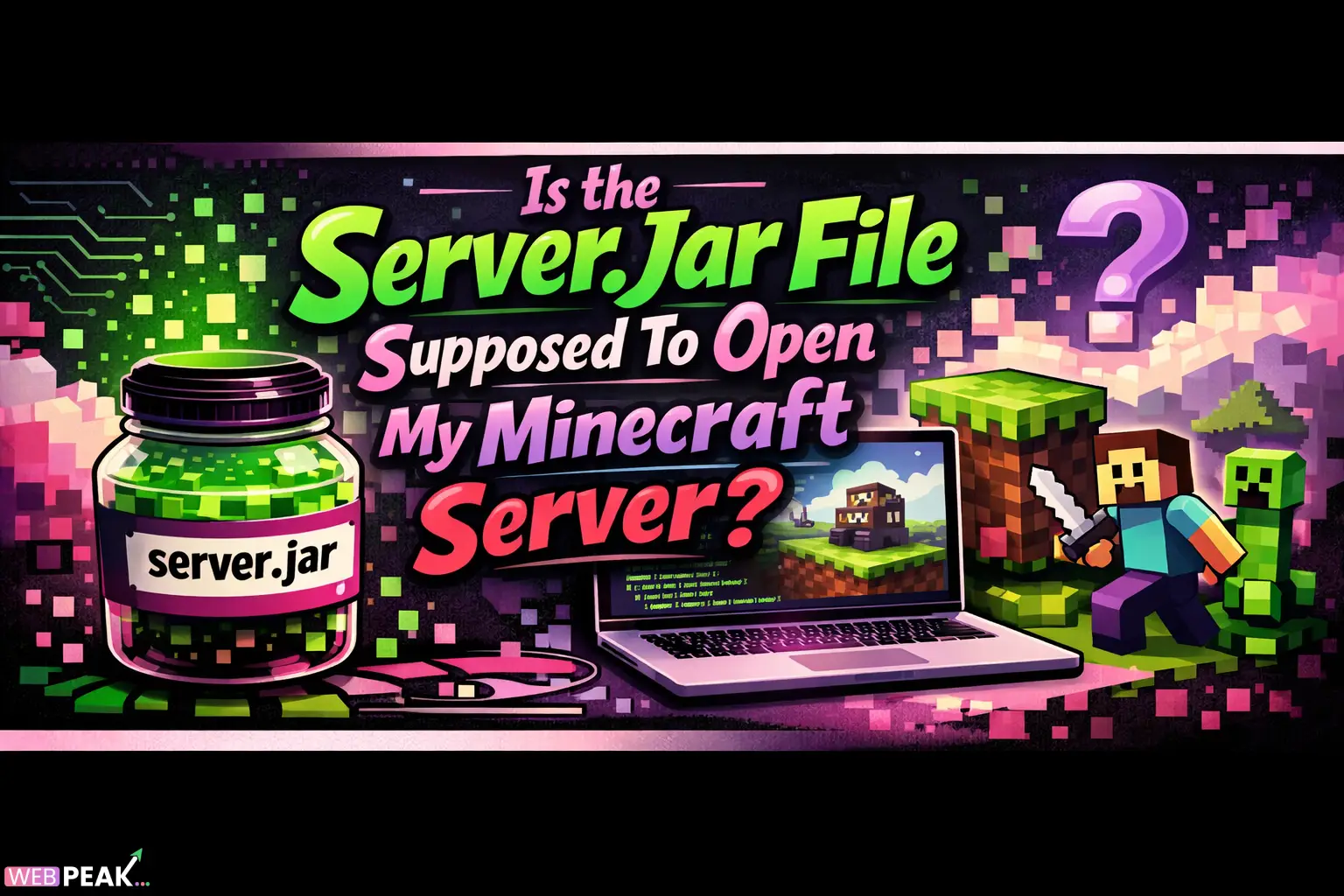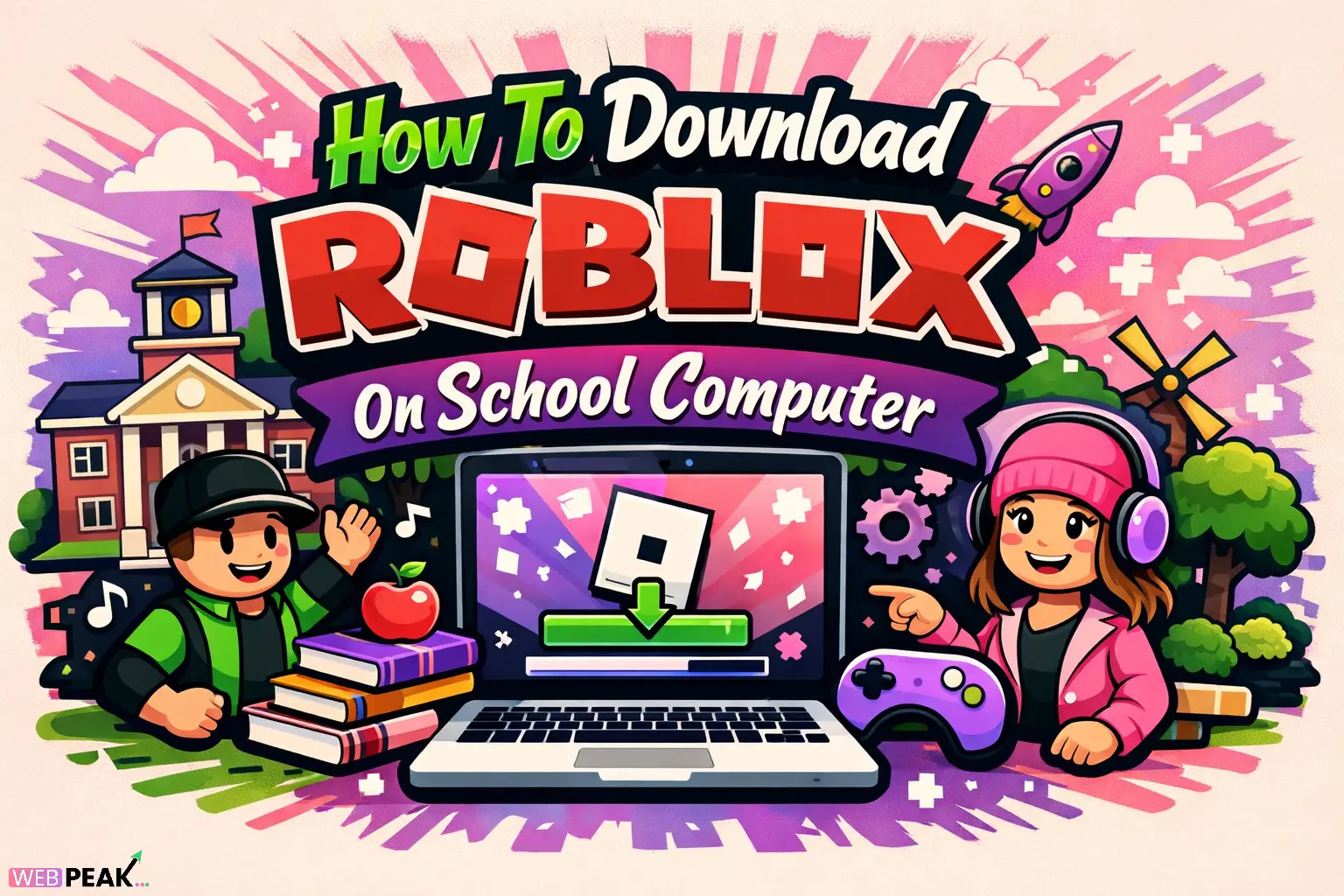AI Powered Content Generation: What It Means for Bloggers and Marketers
In the fast-paced digital era, AI Powered Content Generation has become one of the most transformative developments for bloggers and marketers. Artificial intelligence is not just a buzzword — it’s a strategic tool reshaping how content is researched, created, optimized, and delivered. From automating topic ideation to generating SEO-optimized articles, AI is revolutionizing every stage of the content creation process. For professionals and digital brands, understanding how to harness AI effectively can mean the difference between leading the market or falling behind.
Understanding AI Powered Content Generation
At its core, AI Powered Content Generation refers to the use of artificial intelligence technologies — including natural language processing (NLP), machine learning, and deep learning — to create human-like written content. These systems analyze large datasets, learn from existing examples, and generate coherent, relevant, and contextually accurate text for blogs, social media posts, ad copy, or even video scripts.
Unlike traditional writing tools that rely on templates or keyword stuffing, modern AI systems such as GPT-based models, Jasper AI, and Copy.ai use deep contextual understanding to produce original content aligned with user intent. This shift allows marketers and content creators to scale output while maintaining creativity, consistency, and personalization.
The Technology Behind AI Content Creation
AI-driven content tools operate on advanced NLP models trained on billions of words. These models predict text patterns, optimize phrasing, and even adapt tone and style based on the target audience. Below are some key technologies powering AI content tools:
- Natural Language Processing (NLP): Enables AI to understand linguistic context, grammar, and semantics.
- Machine Learning (ML): Helps AI improve with feedback loops and pattern recognition.
- Neural Networks: Simulate human cognition for improved accuracy and coherence in long-form text.
- Data Analytics: Provides keyword insights and audience behavior data for optimizing content strategy.
These technologies combined allow AI to function as a strategic assistant rather than just an automation tool — a valuable partner for marketers who seek efficiency without compromising quality.
Benefits of AI Powered Content Generation
The rise of AI-driven writing tools is not simply about saving time; it’s about enhancing productivity, creativity, and performance. Let’s explore the major benefits that make AI indispensable for modern content teams:
1. Rapid Content Production
AI tools can generate detailed blog posts, product descriptions, or social captions in minutes. This allows brands to publish consistently without burning out their creative teams. For agencies handling multiple clients, this means faster turnaround and higher scalability.
2. Improved SEO Optimization
AI systems analyze real-time keyword trends, competitor data, and search intent. Tools like SurferSEO and Clearscope use machine learning to recommend keywords and optimize content for ranking potential. This ensures that articles are both readable and algorithm-friendly.
3. Personalization at Scale
AI can tailor messaging based on user behavior, location, or preferences. For example, an AI-driven email campaign can automatically segment audiences and adjust tone or offers, leading to higher engagement and conversions.
4. Enhanced Creativity and Idea Generation
Contrary to popular belief, AI doesn’t replace creativity — it amplifies it. AI tools can suggest topics, draft outlines, or even rephrase sentences to improve clarity and tone, freeing human creators to focus on storytelling and strategy.
5. Cost Efficiency
For startups or small businesses, hiring full-time writers or SEO specialists can be expensive. AI tools offer a cost-effective solution by automating repetitive writing tasks, allowing teams to allocate resources to higher-value creative efforts.
Real-World Examples of AI in Content Marketing
Leading brands are already leveraging AI for content generation and optimization. For instance:
- HubSpot uses AI to personalize blog recommendations and automate social media copy.
- Forbes employs its in-house AI tool “Bertie” to assist journalists in drafting news summaries and headlines.
- eCommerce businesses utilize AI to generate product descriptions at scale with consistent branding.
- Digital agencies integrate AI to analyze campaign data and recommend content strategies.
These examples demonstrate that AI is not just a trend — it’s an operational advantage that can redefine productivity and content quality.
Best Practices for SEO in Artificial Intelligence-Driven Content
To fully leverage AI for content marketing, creators must balance automation with strategic SEO practices. Here’s how professionals can optimize AI-generated content for search engines:
- Define Clear Content Goals: Identify the target audience, purpose, and desired outcome before generating AI content.
- Use Data-Informed Keywords: Utilize AI SEO tools like Ahrefs, Semrush, or SurferSEO to uncover high-intent, low-competition keywords.
- Maintain Human Oversight: Always review and refine AI drafts for tone, accuracy, and brand consistency.
- Focus on Search Intent: AI tools can generate text fast, but aligning content with user intent ensures lasting SEO value.
- Include Internal and External Links: Contextual linking builds authority and improves ranking potential.
Common Mistakes & How to Fix Them in AI Content Creation
While AI can boost efficiency, improper use can harm credibility or SEO. Below are common pitfalls and how to avoid them:
- Over-Automation: Relying entirely on AI may produce generic or repetitive content. Solution: Mix AI drafts with human editing.
- Lack of Fact-Checking: AI may generate incorrect data. Solution: Verify all statistics and claims from trusted sources.
- Ignoring Tone Consistency: AI can shift tone mid-article. Solution: Set clear tone parameters before generation.
- Keyword Stuffing: Excessive optimization hurts readability. Solution: Keep keyword density natural (1–1.5%).
- Neglecting Originality: Some AI tools risk duplicating patterns. Solution: Run content through plagiarism checkers before publishing.
Step-by-Step Optimization Guide for AI-Generated Content
To ensure maximum SEO performance and engagement, follow this systematic approach:
- Step 1 – Research: Gather topic ideas using AI keyword tools to identify trending and evergreen subjects.
- Step 2 – Outline Creation: Let AI tools create an initial structure, then refine it to match audience needs.
- Step 3 – Content Drafting: Use AI writing tools to produce initial drafts while maintaining brand tone and intent.
- Step 4 – Human Editing: Add emotional depth, examples, and unique perspectives that AI can’t replicate.
- Step 5 – SEO Review: Optimize headings, metadata, and internal linking using SEO platforms.
- Step 6 – Publish and Monitor: Track engagement, CTRs, and conversions. AI analytics can then suggest iterative improvements.
Integrating AI with Your Marketing Strategy
Successful implementation of AI Powered Content Generation depends on strategic integration. Here’s how to blend it with your marketing ecosystem:
- Automate Repetitive Tasks: Use AI for topic ideation, outlines, and basic drafts, freeing time for creative strategy.
- Leverage Predictive Analytics: Forecast content performance and adjust campaigns in real time.
- Personalized Content Delivery: Combine AI writing tools with CRM and automation platforms for hyper-targeted campaigns.
- Data-Driven Decision Making: Integrate insights from AI analytics to refine future content and improve ROI.
The Ethical Considerations of AI-Generated Content
With automation comes responsibility. Ethical challenges arise when AI-generated text is published without transparency or originality checks. Marketers must ensure:
- Content is verified for factual accuracy and plagiarism-free.
- AI tools are used as assistants, not replacements, for human creativity.
- Disclosure policies are followed when AI is used for content creation.
By prioritizing ethics, brands can maintain trust while leveraging innovation responsibly.
Future Trends in AI Powered Content Generation
The next generation of AI content tools will move beyond simple text generation. Expect the following advancements:
- Multimodal Content Creation: AI systems capable of generating images, videos, and text simultaneously.
- Voice-Integrated Content: Voice assistants generating and delivering spoken blogs or marketing messages.
- Autonomous SEO Systems: AI platforms that auto-optimize content performance post-publication.
- Real-Time Personalization: Dynamic website content that adapts instantly to each visitor’s profile.
These innovations will empower creators to deliver immersive, data-driven, and highly personalized experiences at scale.
About WEBPEAK
WEBPEAK is a full-service digital marketing company providing Web Development, Digital Marketing, and Artificial Intelligence Services. By integrating AI technologies into content and marketing workflows, WEBPEAK helps businesses scale intelligently, enhance online visibility, and achieve measurable growth.
FAQs
1. What is AI Powered Content Generation?
AI Powered Content Generation uses artificial intelligence to produce written, visual, or multimedia content automatically. These tools leverage NLP and machine learning to generate contextually relevant and SEO-optimized material quickly and efficiently.
2. Can AI replace human writers?
No, AI cannot replace human writers entirely. While AI can handle research, structure, and initial drafting, human creativity and emotional intelligence are essential for authentic storytelling and audience engagement.
3. Which AI tools are best for bloggers and marketers?
Popular AI tools include Jasper AI, Copy.ai, Writesonic, ChatGPT, and SurferSEO. Each specializes in content generation, optimization, or ideation, helping professionals streamline content workflows.
4. How can I ensure my AI-generated content ranks well on Google?
Focus on user intent, readability, originality, and proper keyword placement. Combine AI tools with human editing, add internal links, and continuously update content based on analytics insights.
5. Is AI-generated content plagiarism-free?
Most advanced AI tools generate unique text, but minor similarities can occur. Always run plagiarism checks and add personal touches to ensure originality and authenticity.
6. What are the biggest risks of AI content generation?
The main risks include factual inaccuracies, loss of brand voice, and over-reliance on automation. These can be mitigated through human review, consistent tone guidelines, and ethical usage of AI systems.
By understanding and strategically implementing AI Powered Content Generation, bloggers and marketers can future-proof their digital presence, streamline their creative process, and deliver exceptional value in an increasingly competitive online landscape.





